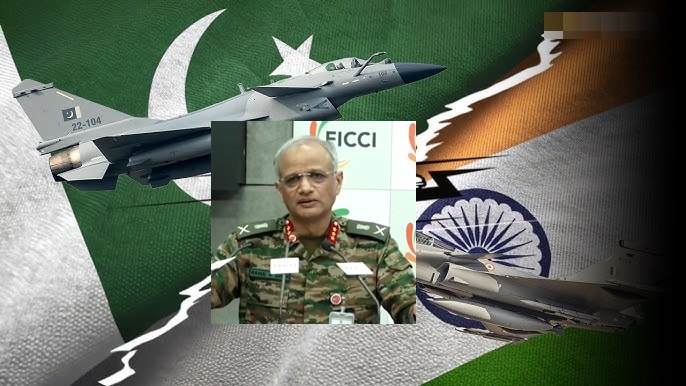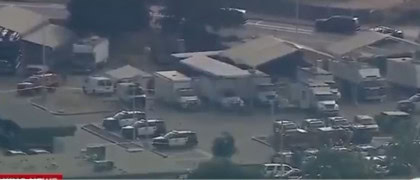NEW DELHI – India’s Deputy Army Chief, Lieutenant General Rahul Singh admitted tactical setbacks in May 2025 escalation as Pakistan’s forces displayed textbook-style strategic readiness which Indian forces did not expect.
Lt Gen Singh said Pakistan’s intelligence and electronic warfare capabilities during the recent standoff had taken Indian forces by surprise. Referring to sensitive military engagements during the crisis dubbed Operation Sindoor, he said Pakistan demonstrated real-time tracking of Indian military movements. According to him, Pakistan had the capability to monitor Indian strike assets as they were preparing for action and was ready to retaliate immediately if those forces had proceeded.
In unusually candid assessment, Indian general acknowledged that Pakistan’s C4ISR Command, Control, Communications, Computers, Intelligence, Surveillance, and Reconnaissance systems outperformed Indian expectations. He went on to highlight Pakistan Air Force’s dominance in electronic warfare during the operation, saying their systems were “unmatched” in their effectiveness throughout the confrontation.
Further compounding New Delhi’s operational challenges, Deputy Army Chief confirmed that Pakistan Army’s use of Fatah-series guided rocket systems caused notable damage to Indian military bases. He also admitted that Indian air defence systems fell short of optimal performance during the critical phases of the conflict.
Defence analysts say this acknowledgment may trigger a strategic review of India’s preparedness in the face of growing regional military capabilities.



















